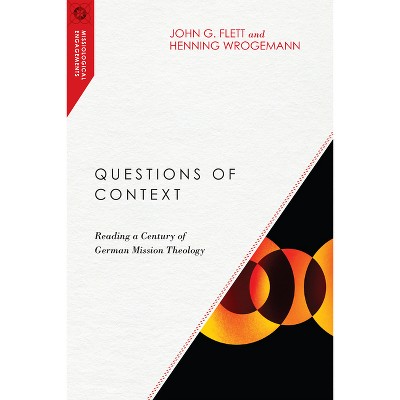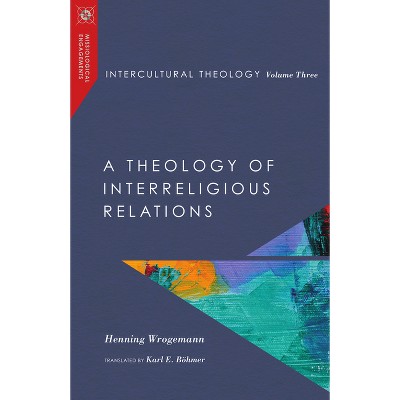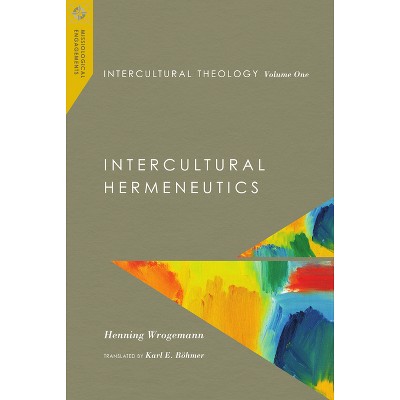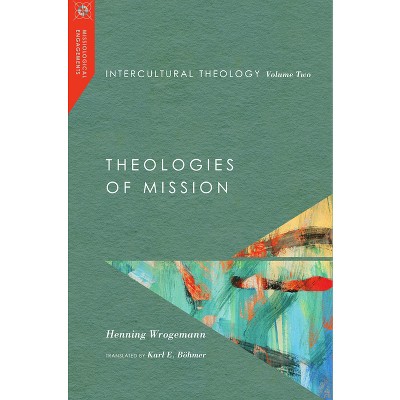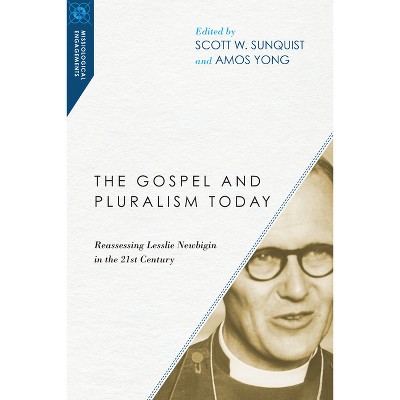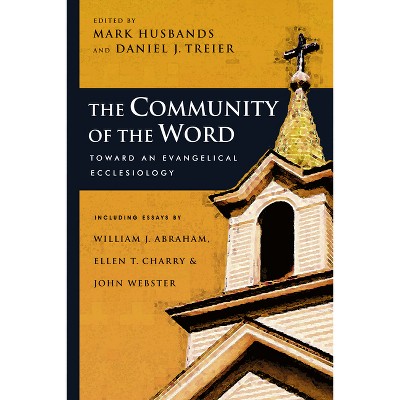About this item
Highlights
- What constitutes the unity of the church over time and across cultures?
- About the Author: John G. Flett (PhD, Princeton Theological Seminary) lectures in intercultural theology and mission studies at Pilgrim Theological College, part of the University of Divinity in Melbourne, Australia.
- 392 Pages
- Religion + Beliefs, Christian Theology
- Series Name: Missiological Engagements
Description
About the Book
At the heart of the ecumenical discussions over the past century lies the issue of what constitutes the apostolicity of the church. In an attempt to forge structural agreements, these discussions have ignored the diversity of world Christianity. In this groundbreaking study, John Flett presents a bold account of an apostolicity that embraces plurality.
Book Synopsis
What constitutes the unity of the church over time and across cultures? Can our account of the church's apostolic faith embrace the cultural diversity of world Christianity?
The ecumenical movement that began in the twentieth century posed the problem of the church's apostolicity in profound new ways. In the attempt to find unity in the midst of the Protestant-Catholic schism, participants in this movement defined the church as a distinct culture--complete with its own structures, rituals, architecture and music. Apostolicity became a matter of cultivating the church's own (Western) culture. At the same time it became disconnected from mission, and more importantly, from the diverse reality of world Christianity.
In this pioneering study, John Flett assesses the state of the conversation about the apostolic nature of the church. He contends that the pursuit of ecumenical unity has come at the expense of dealing responsibly with crosscultural difference. By looking out to the church beyond the West and back to the New Testament, Flett presents a bold account of an apostolicity that embraces plurality.
Missiological Engagements charts interdisciplinary and innovative trajectories in the history, theology, and practice of Christian mission, featuring contributions by leading thinkers from both the Euro-American West and the majority world whose missiological scholarship bridges church, academy, and society.
Review Quotes
"Ecumenical discussions assume that the apostolic faith is transmitted through ecclesial practices and institutional structures. John Flett shows how this assumption leads, quite logically, to colonization as a mode of Christian mission. Alternatively, he argues that the experience of world Christianity should be taken as a point of departure. Diverse expressions of Christianity already share the apostolic faith; they do not need to be linked to some Western tradition to justify their apostolic continuity. This book's implications for ecclesiology and mission are huge."
--The Christian Century, May 10, 2017"Following John Flett's incisive critique of the missio Dei paradigm in The Witness of God, Apostolicity--a further interrogation of post-war ecumenical theology--does not disappoint. In this challenging book Flett tackles the theological significance of the diversity recognized in the study of world Christianity. This leads him to question an ecumenical understanding of apostolicity as based on historical origins and the continuity of church cultures. He does so on the grounds that it leads merely to church replication and not mission, which, following Christ in the Spirit, is anything but smooth and predictable. The book encourages serious engagement at the interface of church history, mission realities and Christian doctrine."
--Kirsteen Kim, professor of theology and world Christianity, Leeds Trinity University, editor of Mission Studies"John Flett's Apostolicity: The Ecumenical Question in World Christian Perspective gives voice to the challenge of that course for me: how Western Christianity still struggles with the legitimacy of non-Western churches. . . . By allowing apostolicity to be reconceived as a process to be undergone rather than a historical-cultural substance to be replicated, Flett convincingly argues for a postcolonial way forward for ecclesiology."
--Myles Werntz, Books Culture, July 7, 2016About the Author
John G. Flett (PhD, Princeton Theological Seminary) lectures in intercultural theology and mission studies at Pilgrim Theological College, part of the University of Divinity in Melbourne, Australia. He is the author of The Witness of God: The Trinity, Missio Dei, Karl Barth and the Nature of Christian Community and is ordained in the Presbyterian Church (U.S.A.).







